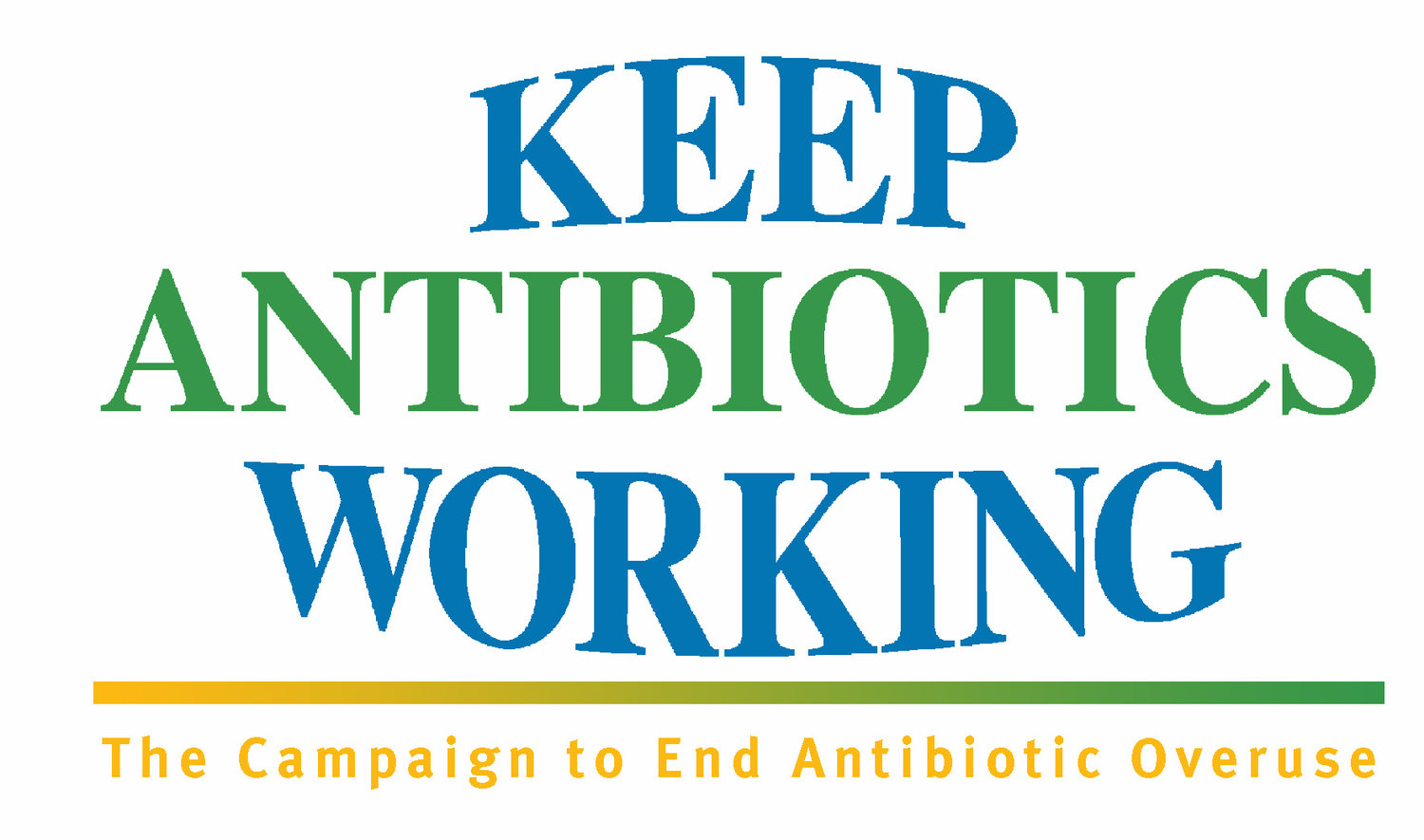National Food Policy Conference Features Expert Panel Discussion of Antibiotics
Thomas Gremillion, Director, Food Policy Institute at Consumer Federation of America
More and more, people who care about food policy are taking an interest in agricultural antibiotic use. That is why Consumer Federation of America assembled a panel of experts to discuss “The One Health Approach to Antibiotic Resistance” at its recent 41st Annual National Food Policy Conference. The make-up of the panel illustrates the broad approach that addressing antibiotic resistance requires, and the discussion made clear both the tremendous progress that advocates have made in reducing antibiotic overuse, and the urgent need for much more serious action, particularly in animal agriculture.
The National Food Policy Conference brings together consumer advocates, representatives from food industry and government, academics, nutritionists and dieticians and graduate and law students for a day and a half. Among this year’s speakers was FDA Commissioner Scott Gottlieb, whose remarks focused on nutrition, but who fielded questions that touched on his agency’s antibiotics policy. Panel discussions covered topics including the role of science in journalism, policymaking, and marketing to consumers, the Farm Bill, food safety investigations, and the Farm Bill.
The panel on antibiotics was moderated by Matt Wellington, Director of US PIRG’s Campaign to Stop the Overuse Of Antibiotics. Matt began with a brief synopsis of the antibiotics resistance crisis, explaining to the audience how mortality from ABR is projected to surpass that of cancer in the coming decades without major policy changes, and how animals consume 70-80% of medically important antibiotics in the United States. He then introduced the panelists: Dr. Afrah Sait, a clinician at Tufts University Medical Center; Dr. Larry Granger, a veterinarian and long-time regulatory official with USDA’s Animal and Plant Health Inspection Service (APHIS); Stacia Clinton, National Director for the Health Food in Healthcare program at Health Care Without Harm; and Dr. Jeff LeJeune, a veterinarian and microbiologist directing research and policy strategies around the globe with the Food and Agriculture Organization of the United Nations.
Defenders of the status quo in animal agriculture often seek to scapegoat antibiotics overuse in human medicine for resistance problems. The opening remarks of Dr. Sait pushed back on that notion, describing all of the ways that she and her colleagues seek to accurately identify and narrowly target treatments for bacterial infections. She contrasted the layers of accountability for decisions to prescribe a drug like amoxicillin to a patient, with the lack of safeguards that apply to animal use. Perhaps most compelling, however, was Dr. Sait’s explanation of why she became outspoken on antibiotics policy in the first place: more and more patients with resistant infections, more complications and hardship from having to resort to expensive and/or broad spectrum antibiotics, and more and more young patients among those affected.
Speaking on behalf of Health Care Without Harm (HCWH), Stacia Clinton reinforced the message that the costs of antibiotic resistance to healthcare providers are mounting. That’s why so many medical providers are becoming more outspoken about antibiotic stewardship, and looking for ways to support food production that does not rely on overuse of antibiotics. Indeed, over 32,000 health care organization are now members of HCWH.
Dr. Larry Granger highlighted the recent progress that U.S. regulators have made in curbing antibiotic use for growth promotion in animals. As he explained, decisions once made by a nutritionist are now in the hands of veterinarians. The extent to which growth promotion bans actually contribute to better antibiotic stewardship will depend in large part on how veterinarians interpret their ethical obligations. Asked about APHIS’ efforts to collect on-farm antibiotic use data, and to validate that data against other sources, such as FDA’s sales data, Dr. Granger affirmed that the agencies were working together, but that they faced significant funding challenges.
Dr. Jeff LeJeune talked about funding challenges as well on the international level, and the role of FAO in channeling funding from donors to promote awareness of antibiotic resistance and the need for stewardship, conduct surveillance of antibiotic use patterns, and to identify and spread best practices for reducing antibiotics use. Dr. LeJeune pointed out that the solutions go beyond simply increasing animal spacing, and include practices like vaccinations and proper nutrition.
While each of the panelists approached the challenge to animal and human health from antibiotic resistance from their own perspective, they all agreed that more needs to be done to curb antibiotic overuse and to monitor antibiotic use and resistance. The panelists also agreed that communication and collaboration across disciplines, a One Health approach, is needed to tackle the problem.

